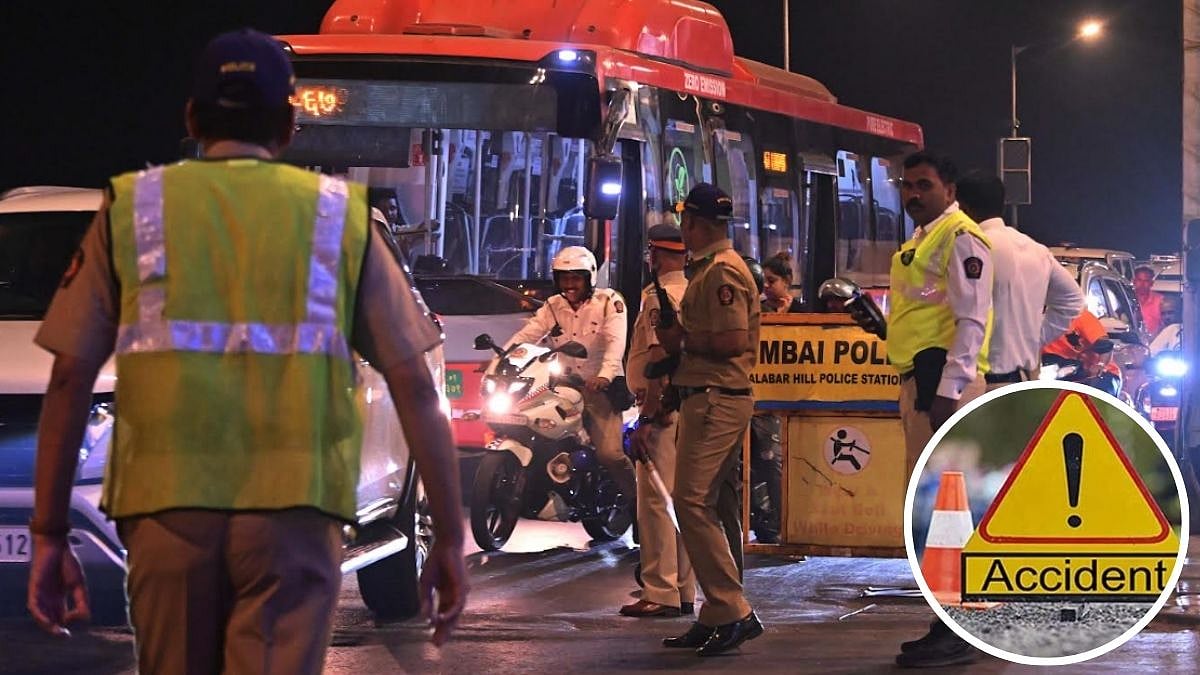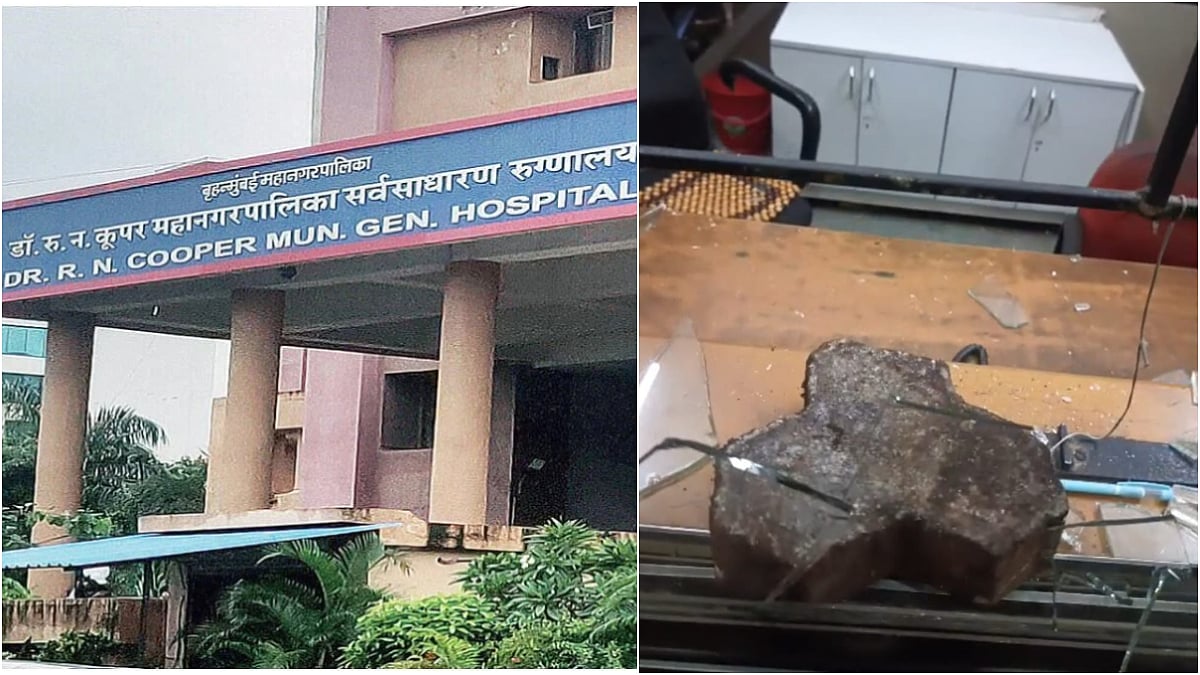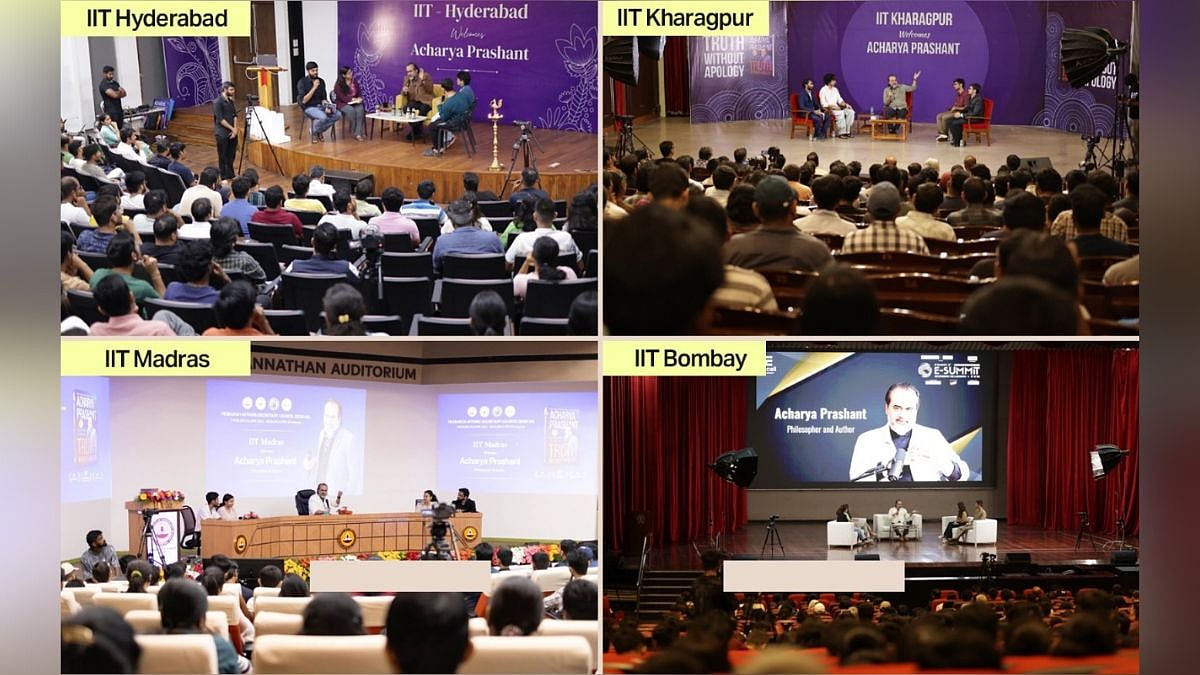Artificial intelligence stands at the forefront of a revolution in health technology, fueling progress from precision diagnostics to robotic automation in clinical environments. The integration of sophisticated algorithms and data-driven insights has fundamentally changed how healthcare systems operate enabling earlier disease detection, optimizing resource allocation, and elevating the quality of care. The successful fusion of AI and medicine today depends not only on technological innovation but also on careful application that converts theoretical breakthroughs into practical enhancements. At this dynamic intersection, Jwalin Thaker has emerged as a notable figure whose expertise and vision are leaving a measurable imprint on the industry.
During his early academic years, Thaker concentrated on computer vision and the applications of machine intelligence. He concentrated his applied research efforts on examining how machine learning and robotics could address important healthcare challenges because he was passionate about using AI, especially computer vision applications, to make lasting contributions. His research was especially concerned with enhancing the lives of patients who were bedridden and suffering from chronic illnesses.
Among the specialist's notable projects is the development of an AI-powered diagnostic application aimed at early disease detection. His research team's diagnostic tools effectively parse and analyse medical imaging data, including MRI, CT, and X-ray scans, with remarkable accuracy by utilising advanced deep learning algorithms. These AI-driven systems then categorise patients based on individual and population health histories, assigning a precise risk rating with an impressive accuracy rate of 87%. This method reduces diagnostic errors, enhances early detection of diseases, and improves the detection of errors and outliers. Medical professionals using this application in pilot projects have reported substantial improvements in diagnostic accuracy and operational efficiency.
Drawing on extensive experience from his undergraduate years spent building robots which included four years of participation in Robocon competitions, Thaker also extended his experience in expertise into medical robotics. Amid the challenges of the COVID-19 pandemic, the innovator created a new autonomous prototype robot that can navigate hospital wards on its own to deliver essential medicines and meals to patients. Equipped with strong perception abilities, the robot used a detailed table detection algorithm to extend trays to patients without physical contact. This approach greatly lowered the risk of cross-contamination and innovative project received significant local acclaim, culminating in a hospital acquiring the prototype for operational use.
Known for his strong stance on the responsible use of AI in healthcare, the expert has consistently prioritised transparency, interpretability, and accountability in system design. He actively advocates for AI solutions that are highly effective yet fully explainable, fostering trust among healthcare providers, patients, and regulatory bodies. It’s evident that approaches which prioritise compliance with healthcare regulations and ethical standards strengthen the credibility of AI solutions in medical settings.
Looking ahead, the professional agrees with other industry experts in seeing AI as a powerful force in reshaping medicine. enabling more personalised treatments, continuous monitoring, and earlier interventions across diverse patient groups. There is a growing importance of advancing these technologies with a steady focus on responsibility, openness, and collaboration between medical professionals, technologists, and regulators. After all, the long-term success of AI in healthcare will depend on balancing scientific innovation with ethical integrity, ensuring tools that serve both patient well-being and clinical effectiveness.









